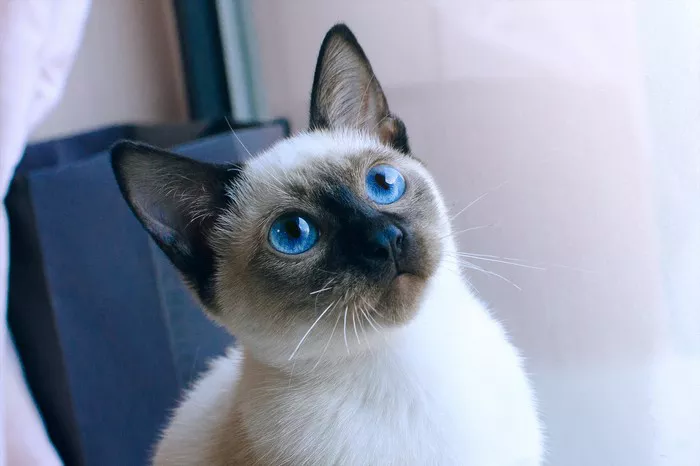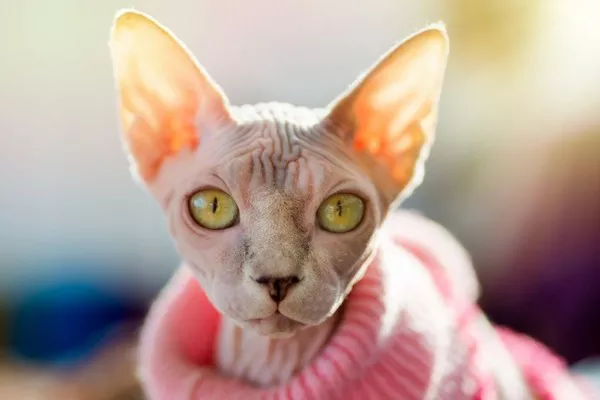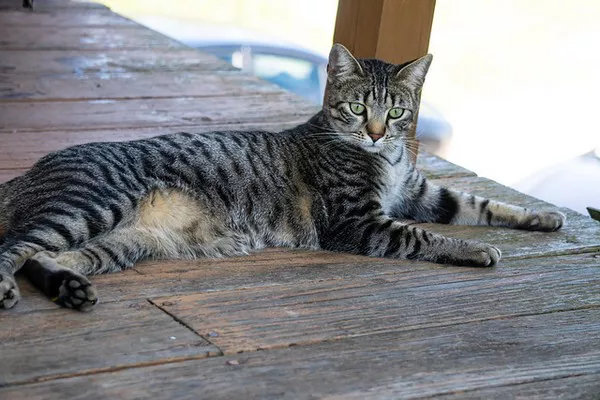Sphynx cats, known for their hairless appearance and affectionate nature, are a unique and captivating feline breed. Like all cats, the Sphynx requires a balanced and nutritionally sound diet to thrive. While traditional cat foods are a staple, cat owners often wonder about incorporating alternative proteins into their pet’s diet. In this article, we will explore the question: Can Sphynx cats eat pork? We’ll delve into the nutritional aspects, potential benefits, and considerations associated with including pork in a Sphynx cat’s diet.
Understanding the Sphynx Cat’s Dietary Needs:
Sphynx cats, due to their lack of fur, have higher energy requirements compared to some other cat breeds. Their bodies work to maintain body temperature, and a well-balanced diet is crucial to support their unique metabolism. Proper nutrition contributes to the overall health, vitality, and well-being of Sphynx cats, making it essential for owners to make informed choices about their feline friends’ diets.
Nutritional Requirements for Cats:
Cats, including the Sphynx breed, are obligate carnivores, meaning their diets should primarily consist of animal-based proteins. Key nutritional components include:
Proteins: Essential for muscle development, maintenance, and overall body function.
Fats: A concentrated energy source vital for maintaining healthy skin and fur, supporting organ function, and providing essential fatty acids.
Carbohydrates: While not a primary energy source for cats, carbohydrates can be included in small amounts to provide fiber and aid digestion.
Vitamins and Minerals: Essential for various physiological functions, including bone health, immune system support, and overall well-being.
Water: Critical for hydration and overall health, as cats often have a lower thirst drive compared to other animals.
Can Sphynx Cats Eat Pork?
Now, let’s address the primary question: Can Sphynx cats eat pork? The answer is generally yes, but with several important considerations.
Lean Pork is Preferable: Lean cuts of pork, such as pork loin or tenderloin, can be a valuable source of high-quality protein for Sphynx cats. However, it’s essential to remove any excess fat, as excessive fat intake can lead to digestive issues and obesity.
Cooked, Unseasoned Pork: Sphynx cats should only consume cooked pork that is free of added seasonings, marinades, or spices. Onions, garlic, and certain spices commonly used in human cooking can be toxic to cats.
Bone Safety: While cats can benefit from the calcium in bones, cooked pork bones can pose a choking hazard or splinter, causing digestive issues. It’s best to avoid offering cooked bones to Sphynx cats.
Moderation is Key: While pork can be part of a Sphynx cat’s diet, it should not constitute the primary protein source. A well-balanced diet includes a variety of protein sources to ensure a spectrum of essential nutrients.
Potential Benefits of Including Pork in a Sphynx Cat’s Diet:
High-Quality Protein: Pork is a rich source of high-quality protein, which is essential for Sphynx cats to support their muscle development and overall health.
Variety in the Diet: Introducing pork can provide variety to a Sphynx cat’s diet, preventing monotony and potentially reducing the risk of developing selective eating habits.
Nutrient Diversity: Pork contains various essential nutrients, including B vitamins, zinc, and phosphorus, contributing to overall feline health.
Palatability: Some cats may find the taste of pork appealing, making it a welcome addition to their meals.
Considerations and Potential Risks:
Allergies and Sensitivities: Like any food, individual cats may have allergies or sensitivities to pork. Monitor your Sphynx cat for any signs of adverse reactions, such as vomiting, diarrhea, or changes in behavior, when introducing a new food.
High-Fat Cuts: Fatty cuts of pork can contribute to obesity and digestive issues. Stick to lean cuts and ensure any visible fat is removed before offering it to your Sphynx cat.
Avoid Seasonings and Additives: Seasonings, marinades, and additives commonly used in human cooking can be harmful to cats. Always offer plain, unseasoned pork to your Sphynx cat.
Cooking Methods: It’s essential to cook pork thoroughly to eliminate any harmful bacteria or parasites that may be present. Avoid offering raw or undercooked pork to your cat.
Bone Safety: As mentioned earlier, cooked bones can pose a choking hazard or splinter, so it’s safer to avoid offering them to your Sphynx cat.
Consulting with a Veterinarian:
Before making any significant changes to a Sphynx cat’s diet, it’s advisable to consult with a veterinarian. A professional can assess the cat’s overall health, dietary requirements, and any specific considerations based on its individual needs.
Conclusion:
While Sphynx cats can eat pork as part of a balanced and varied diet, it’s crucial to approach this addition with care and consideration. Lean cuts of cooked pork, free of seasonings and bones, can provide a valuable protein source for these unique felines. However, moderation, attention to individual sensitivities, and regular veterinary consultations are essential to ensure that the dietary needs of Sphynx cats are met for optimal health and well-being. By approaching their nutrition thoughtfully, cat owners can contribute to the long and healthy lives of their cherished Sphynx companions.



























